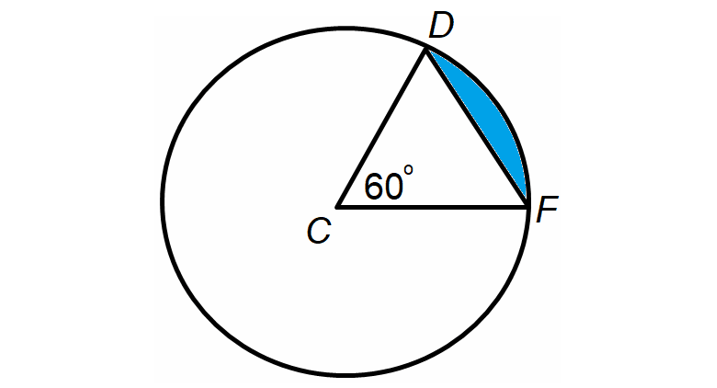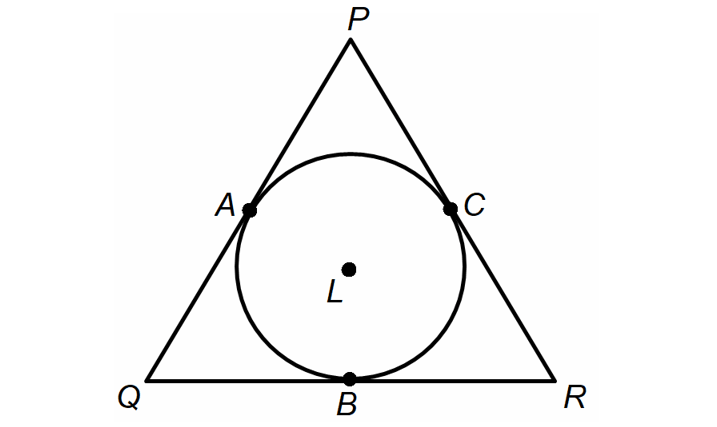ADDITION AND MULTIPLICATION PROPERTIES
Properties of Addition
(i) Commutative Property :
Changing the order of addends does not change the sum.
If 'a' and 'b' are any two numbers, then
a + b = b + a
Example :
5 + 8 = 13
8 + 5 = 13
So,
5 + 8 = 8 + 5
(ii) Associative Property :
Changing the grouping of the addends does not change the sum.
If a, b and c are any three numbers, then
a + (b + c) = (a + b) + c
Example :
2 + (4 + 7) = 2 + 11 = 13
(2 + 4) + 7 = 6 + 7 = 13
So,
2 + (4 + 7) = (2 + 4) + 7
(iii) Additive Identity :
The sum of any number and zero is the number itself.
If a is any number, then
a + 0 = 0 + a = a
So, zero is the additive identity.
Example :
2 + 0 = 0 + 2 = 2
(iv) Additive Inverse :
- k is the negative or additive inverse of k.
If k is a number, then there exists a number -k such that
k + (-k) = (-k) + k = 0
Examples :
Additive inverse of 3 is -3.
Additive inverse of -5 is 5.
Additive inverse of 0 is 0 itself.
Properties of Multiplication
(i) Commutative Property :
Changing the order of factors does not change the product.
If a and b are any two numbers, then
a x b = b x a
Example :
5 x 2 = 10
2 x 5 = 10
So,
5 x 2 = 2 x 5
Therefore, Commutative property is true for multiplication.
(ii) Associative Property :
Changing the grouping of the factors does not change the product.
If a, b and c are any three numbers, then
a x (b x c) = (a x b) x c
Example :
5 x (2 x 3) = 5 x 6 = 30
(5 x 2) x 3 = 10 x 3 = 30
So,
5 x (2 x 3) = (5 x 2) x 3
Therefore, Associative property is true for multiplication.
(iii) Multiplicative Identity :
The product of any number and 1 is the number itself. ‘One’ is the multiplicative identity for numbers.
If k is any number, then
k x 1 = 1 x k = k
Example :
5 x 1 = 1 x 5 = 5
(iv) Multiplication by 0 :
Every number multiplied by 0 gives the result 0.
If k is any number, then
k x 0 = 0 x k = 0
Example :
7 x 0 = 0 x 7 = 0
(v) Multiplicative Inverse or Reciprocal :
For every number k, there exists a number 1/k such that
k x 1/k = 1
Then,
k and 1/k are multiplicative inverse of each other
That is,
k is the multiplicative inverse of 1/k
1/k is the multiplicative inverse of k
Examples :
The multiplicative inverse of 2 is 1/2.
The multiplicative inverse of 1/3 is 3.
The multiplicative inverse 1 is 1.
The multiplicative inverse of 0 is undefined.
Distributive Property
(i) Distributive Property of Multiplication over Addition :
Multiplication of numbers is distributive over addition.
If a, b and c are any three numbers, then
a x (b + c) = ab + ac
Example :
3 x (2 + 5) = 3 x 7 = 21 -----(1)
3 x (2 + 5) = 3x2 + 3x5 = 6 + 15 = 21 -----(2)
From (1) and (2),
3 x (2 + 5) = 3x2 + 3x5
Therefore, Multiplication of numbers is distributive over addition.
(ii) Distributive Property of Multiplication over Subtraction :
Multiplication of numbers is distributive over subtraction.
If a, b and c are any three numbers, then
a x (b - c) = ab - ac
Example :
3 x (7 - 2) = 3 x 5 = 15 -----(1)
3 x (7 - 2) = 3x7 - 3x2 = 21 - 6 = 15 -----(2)
From (1) and (2),
3 x (7 - 2) = 3x7 - 3x2
Therefore, Multiplication of numbers is distributive over subtraction.
Kindly mail your feedback to v4formath@gmail.com
We always appreciate your feedback.
©All rights reserved. onlinemath4all.com
Recent Articles
-
Digital SAT Math Problems and Solutions (Part - 271)
Aug 31, 25 07:25 AM
Digital SAT Math Problems and Solutions (Part - 271) -
Digital SAT Math Problems and Solutions (part - 270)
Aug 30, 25 04:19 AM
Digital SAT Math Problems and Solutions (part - 270) -
Digital SAT Math Problems and Solutions (Part - 269)
Aug 28, 25 09:59 PM
Digital SAT Math Problems and Solutions (Part - 269)

